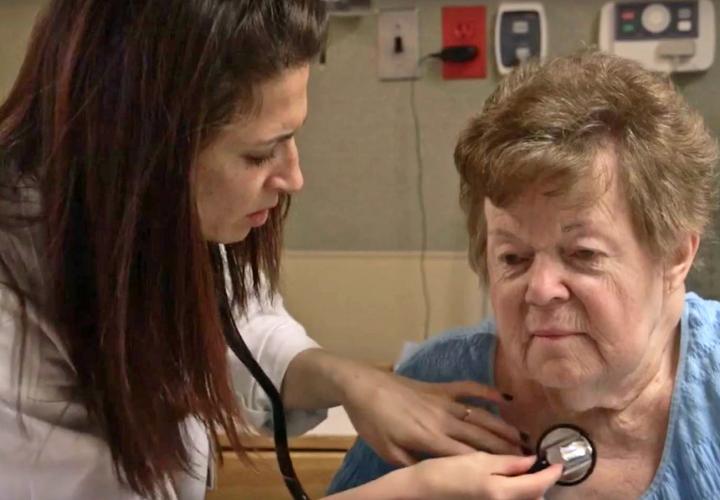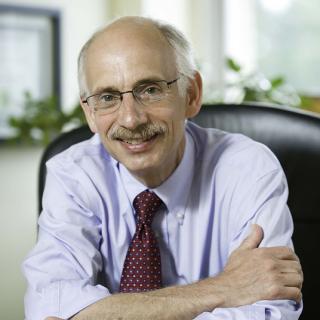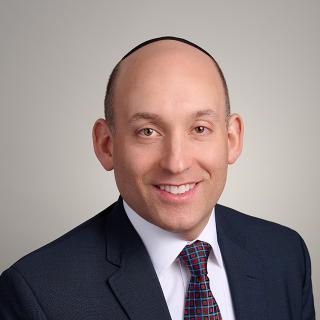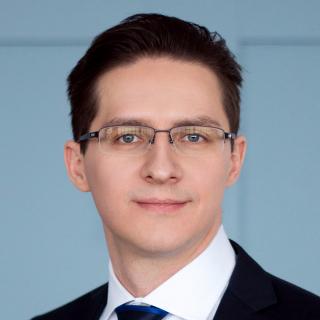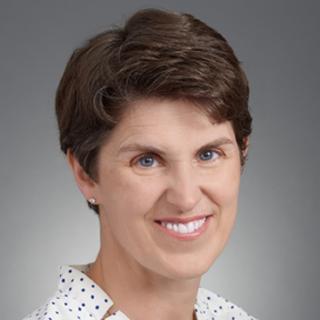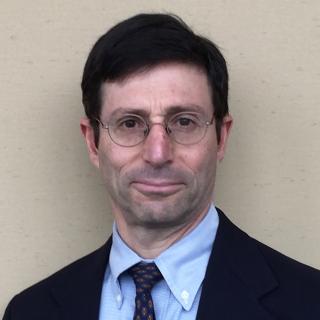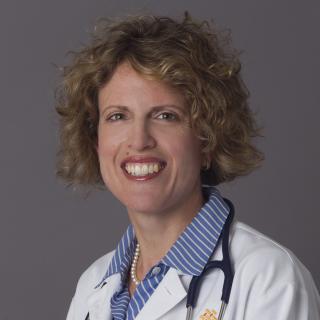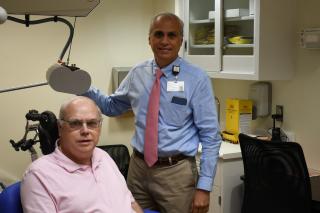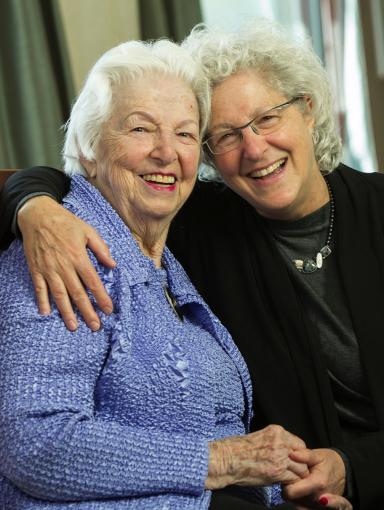BOSTON — Researchers from the Harvard Medical School-affiliated Hebrew SeniorLife Institute for Aging Research (IFAR), in collaboration with scientists from Beth Israel Deaconess Medical Center, Brigham and Women’s Hospital, Brown University, and Northeastern University, have discovered that postoperative delirium negatively impacts recovery in older adults. Results from this study were published in the Annals of Surgery.
Delirium is a common, serious, often fatal disorder occurring in 11% to 50% of hospitalized older patients, although it is significantly underdiagnosed. Delirium leads to an increased risk of institutionalization, caregiver burden, cognitive impairment and death. Despite the severity of delirium’s effects on those afflicted, the long-term consequences of delirium for physical functioning have not been well-established.
The study population was drawn from the Successful Aging after Elective Surgery (SAGES) study and included participants 70 years of age or older who were scheduled to undergo elective surgery with an anticipated stay of at least 3 days. Following surgery, patients were assessed for delirium using the Confusion Assessment Method, and their functional recovery was followed for 18 months.
Delirium was identified in 24% of the study participants. Over the following 18 months, these patients demonstrated lesser functional recovery than those who did not experience delirium. Both group’s physical function declined at one month after surgery, but those who developed delirium declined more significantly. After one month, both groups experienced improvements in physical function; however the delirium group demonstrated less improvement than its counterpart. After a full 18 months, the delirium group was unable to achieve the same functional progress as those who were unaffected.
The results of this study give further evidence to the severity of delirium and its potential effects on older patients. “Many older patients decide to undergo elective surgery because they want to be more functional afterwards. Our work shows just how important it is to prevent delirium so that these patients can feasibly achieve the function they were hoping for,” says Dr. Tammy Hshieh associate physician at Brigham and Women’s Hospital and first author for the study.
Whenever possible, clinicians should use preventive interventions to reduce risk factors that may lead to delirium. “This study emphasizes the importance of increased surveillance for delirium in the postoperative period and the consideration of tailored transitional care planning and extended rehabilitation for older patients,” States Dr. Sharon Inouye, principal investigator for the study.
This study was supported by Grant Numbers P01AG031720, K07AG041835, T32AG000158, from the National Institute on Aging from the National Institutes of Health.
About the Institute for Aging Research
Scientists at the Institute for Aging Research seek to transform the human experience of aging by conducting research that will ensure a life of health, dignity and productivity into advanced age. The Institute carries out rigorous studies that discover the mechanisms of age-related disease and disability; lead to the prevention, treatment and cure of disease; advance the standard of care for older people; and inform public decision-making. The Aging Brain Center within IFAR studies cognitive aging and conditions affecting brain health.
About Hebrew SeniorLife
Hebrew SeniorLife, an affiliate of Harvard Medical School, is a national senior services leader uniquely dedicated to rethinking, researching and redefining the possibilities of aging. Based in Boston, the non-profit, non-sectarian organization has provided communities and health care for seniors, research into aging, and education for geriatric care providers since 1903. For more information about Hebrew SeniorLife, visit https://www.hebrewseniorlife.org, follow us on Twitter @H_SeniorLife, like us on Facebook or read our blog.
